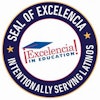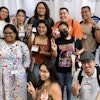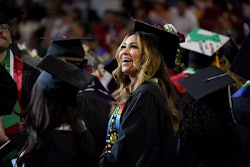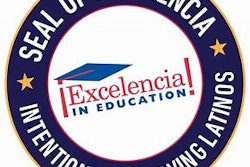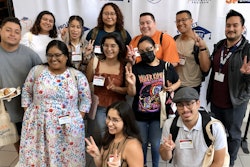
A new report from the Rutgers Center for Minority Serving Institutions (CMSI), "Compañeros en el Camino: Preparing Academic Advisors to Serve at Hispanic-Serving Institutions," reveals critical insights into how HSIs train and develop advisors to support Latine student success. Authored by Dr. Gabriel O. Bermea, a visiting scholar with CMSI, the report underscores that effective academic advising at HSIs transcends traditional course selection to become a transformative tool for student success.
"Effective academic advising at HSIs goes beyond course selection—it is about fostering a sense of belonging, validating students' experiences, and guiding them toward their personal and academic goals," explains Bermea. "When advisors receive ongoing training and professional development, they become powerful advocates who help students navigate challenges and persist toward graduation."
Drawing on data from 23 HSIs, the report identifies three key findings that illuminate the current state of advisor preparation and highlight opportunities for improvement.
First, the report reveals a misalignment—or "desajuste"—between training programs and essential competencies. While advisors at HSIs receive training in many areas, the frequency varies significantly across critical competencies like cultural awareness, intercultural communication, and antiracism. This inconsistency suggests a need for better alignment between training programs and the competencies required to effectively support diverse students.
Second, the study found that HSI advisor training emphasizes practical, hands-on skills—"manos a la obra"—often at the expense of theoretical and structured learning approaches. While on-the-job training provides immediate benefits, a more balanced approach that incorporates theoretical foundations would maximize advisor impact and effectiveness.
Third, the report identifies untapped potential in professional development opportunities—"compadres con oportunidades." While HSI advisors prioritize mentorship and connection, there is significant room for growth in research engagement, reflective practices, and knowledge generation. These activities could enhance advisors' long-term professional development and ultimately improve student outcomes.


